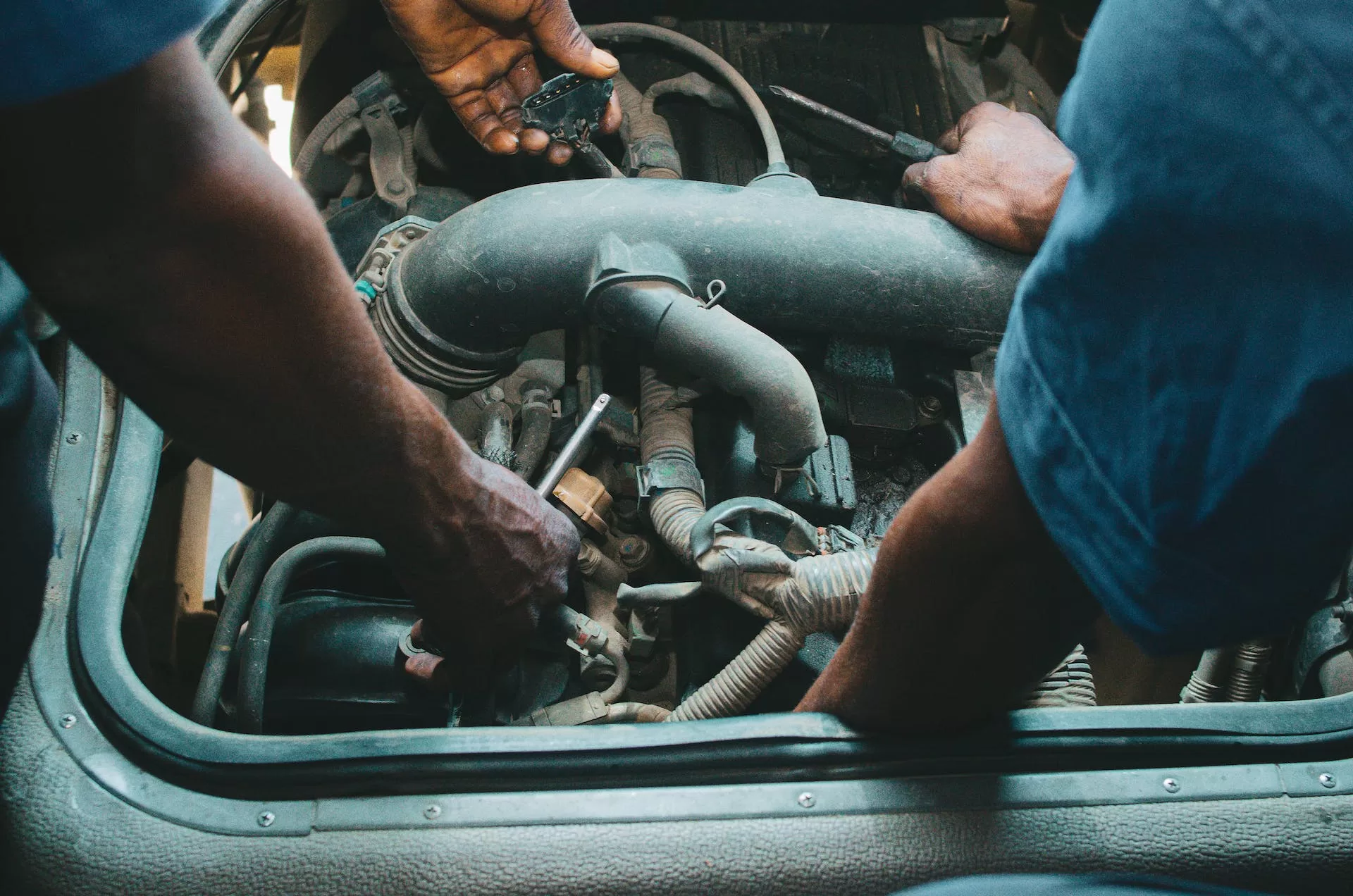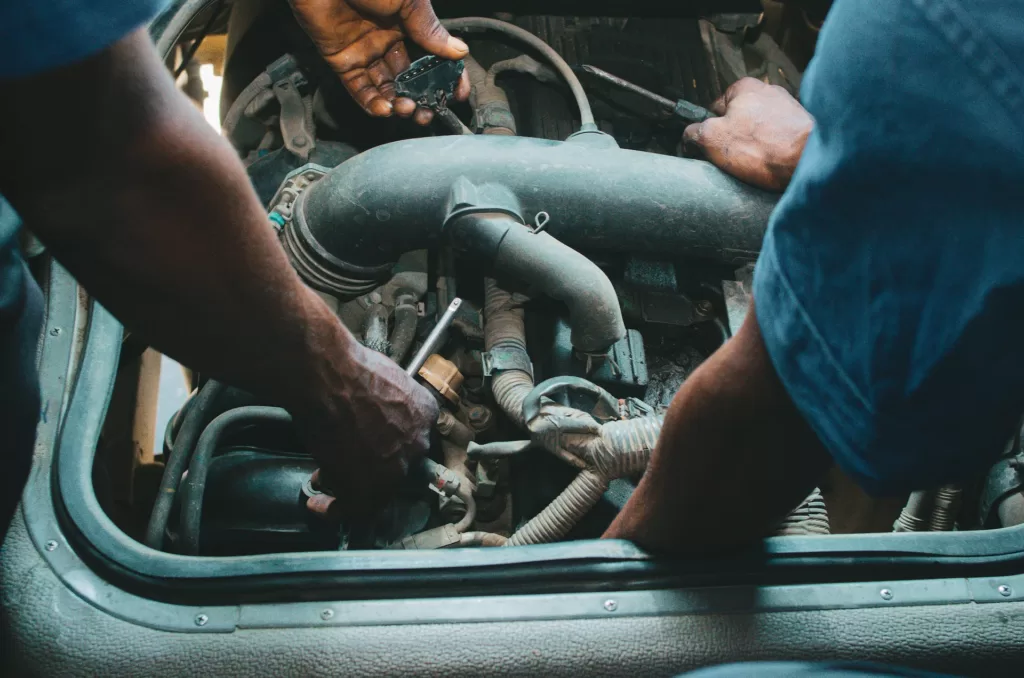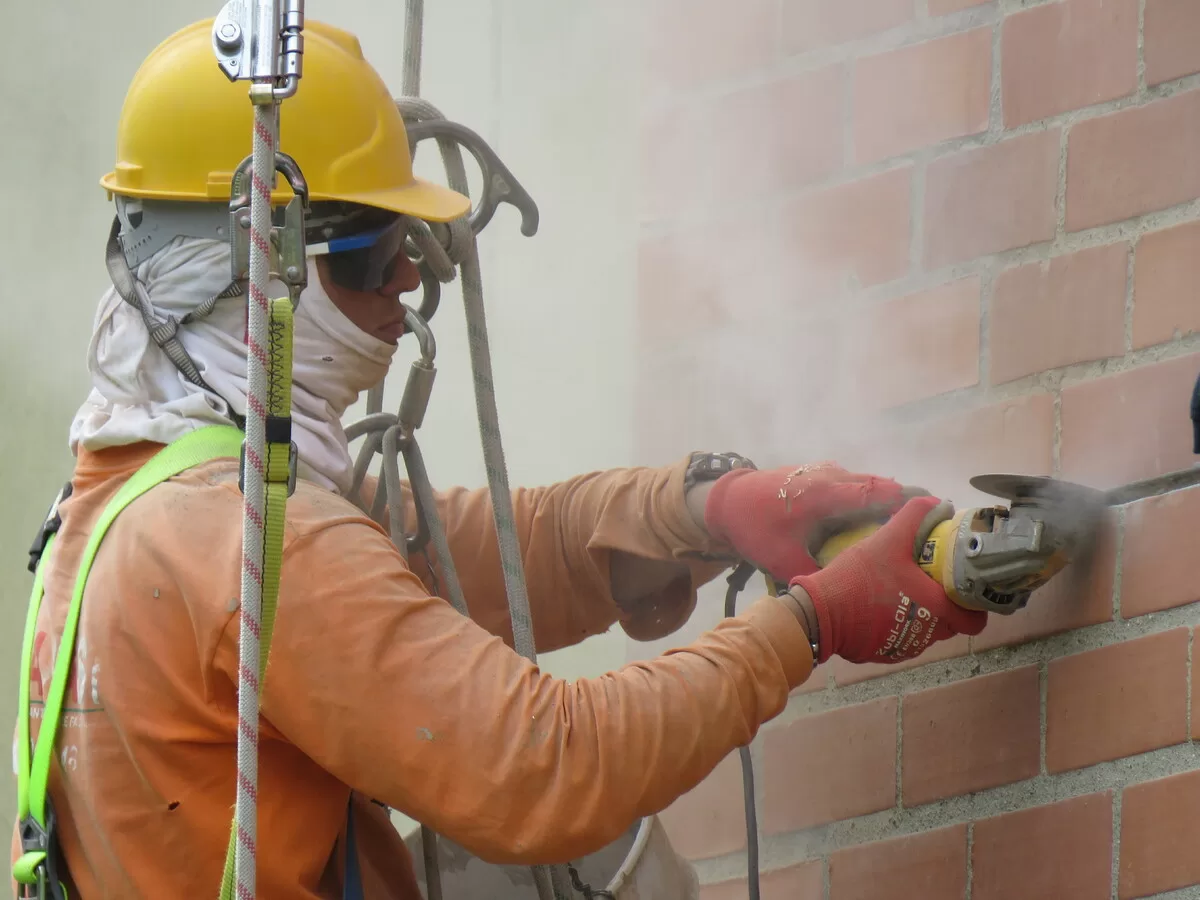Picture this: David, a skilled carpenter, painstakingly finishes a kitchen remodel for a client. Weeks later, with payment nowhere in sight, he grapples with the harsh reality of unpaid work. David is not alone.
A recent study by the Associated Builders and Contractors revealed that a staggering 1 in 8 construction projects nationwide face payment issues. But fear not, David, there’s a powerful tool at your disposal: the mechanic’s lien.
This guide empowers you, the unpaid contractor, to understand and leverage the mechanics lien process in Pennsylvania, ensuring you receive due compensation for your hard-earned efforts.
What is a Mechanics Lien?
A mechanics lien is a legal claim filed against a property to secure payment for unpaid labor and materials furnished towards its improvement.
Think of it as a financial anchor tethering your work to the property, ensuring your rightful claim. In Pennsylvania, this claim attaches to the property’s title, serving as a powerful incentive for prompt payment.
Read Also :
Who Can File a Mechanics Lien?
The Pennsylvania Mechanics’ Lien Law grants this right to a wide range of professionals, including:
- General contractors: Those managing and overseeing the overall project.
- Subcontractors: Electricians, plumbers, carpenters, and other skilled tradespeople directly contributing to the improvement.
- Material suppliers: Companies providing lumber, bricks, fixtures, and other necessary materials.
Claiming Your Due: The Mechanics Lien Process:
- Notice of Commencement: Prior to commencing work on projects exceeding $1.5 million, contractors must file a Notice of Commencement with the state construction registry. This informs potential lien claimants of the project’s existence and their potential rights.
- Notice of Intent to Lien: At least 30 days before filing a formal lien claim, contractors must serve a Notice of Intent to Lien to the property owner and primary contractor. This serves as a final warning and encourages prompt payment.
- Filing the Lien Claim: If payment remains outstanding after the 30-day period, file the formal lien claim with the county recorder’s office. This document details the work performed, the materials supplied, and the amount owed.
Maximizing Your Success:
- Time is of the Essence: Act promptly! Pennsylvania law imposes strict deadlines for filing notices and claims. Failure to adhere to these timeframes can jeopardize your lien rights.
- Accuracy is Key: Ensure all information in your notices and claims is accurate and complete. Errors or omissions can weaken your claim or even render it invalid.
- Consider Legal Counsel: Consulting with an attorney specializing in construction law can provide invaluable guidance and ensure you navigate the process effectively.
Remember, a mechanics lien is a powerful tool, but it’s not a guarantee of payment. Understanding your rights, acting swiftly, and potentially seeking professional guidance is key to maximizing your chances of success.
FAQs:
- How long does the lien remain valid? In Pennsylvania, a mechanics lien typically remains valid for six months after the date of filing.
- What happens if the property is sold with a lien on it? The lien claim transfers to the new owner, who becomes responsible for resolving the debt.
- Can I file a mechanics lien for work on my own property? Generally, no. Mechanics liens are typically used for work performed on someone else’s property.
The prospect of unpaid work can be disheartening, but understanding and utilizing the mechanic’s lien process can significantly empower you, the hard-working contractor, to receive the compensation you deserve. Remember, you are not alone.
By taking informed action and potentially seeking legal guidance, you can secure your financial rightful claim and ensure your valuable contributions are not in vain.











